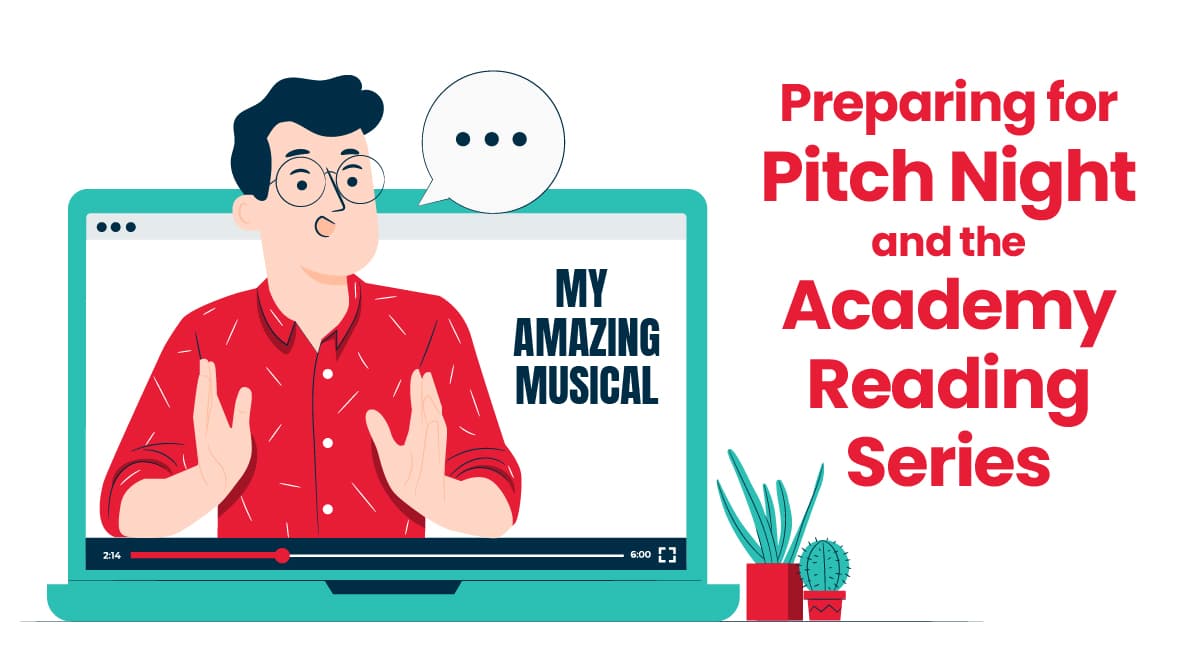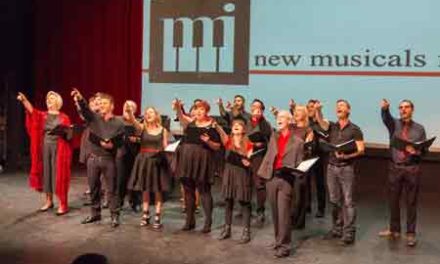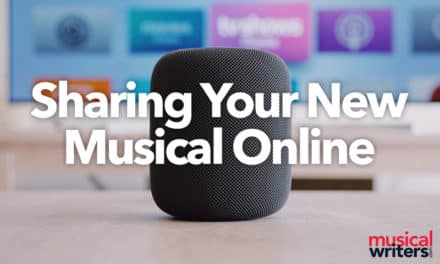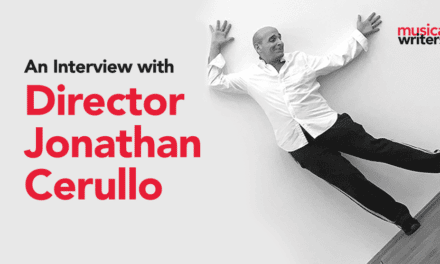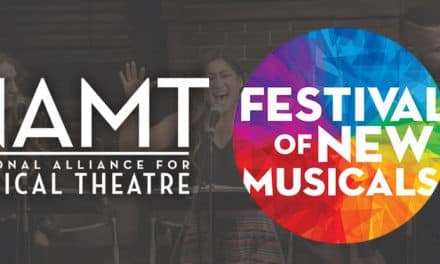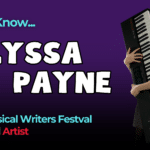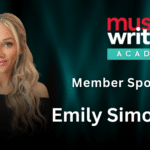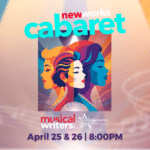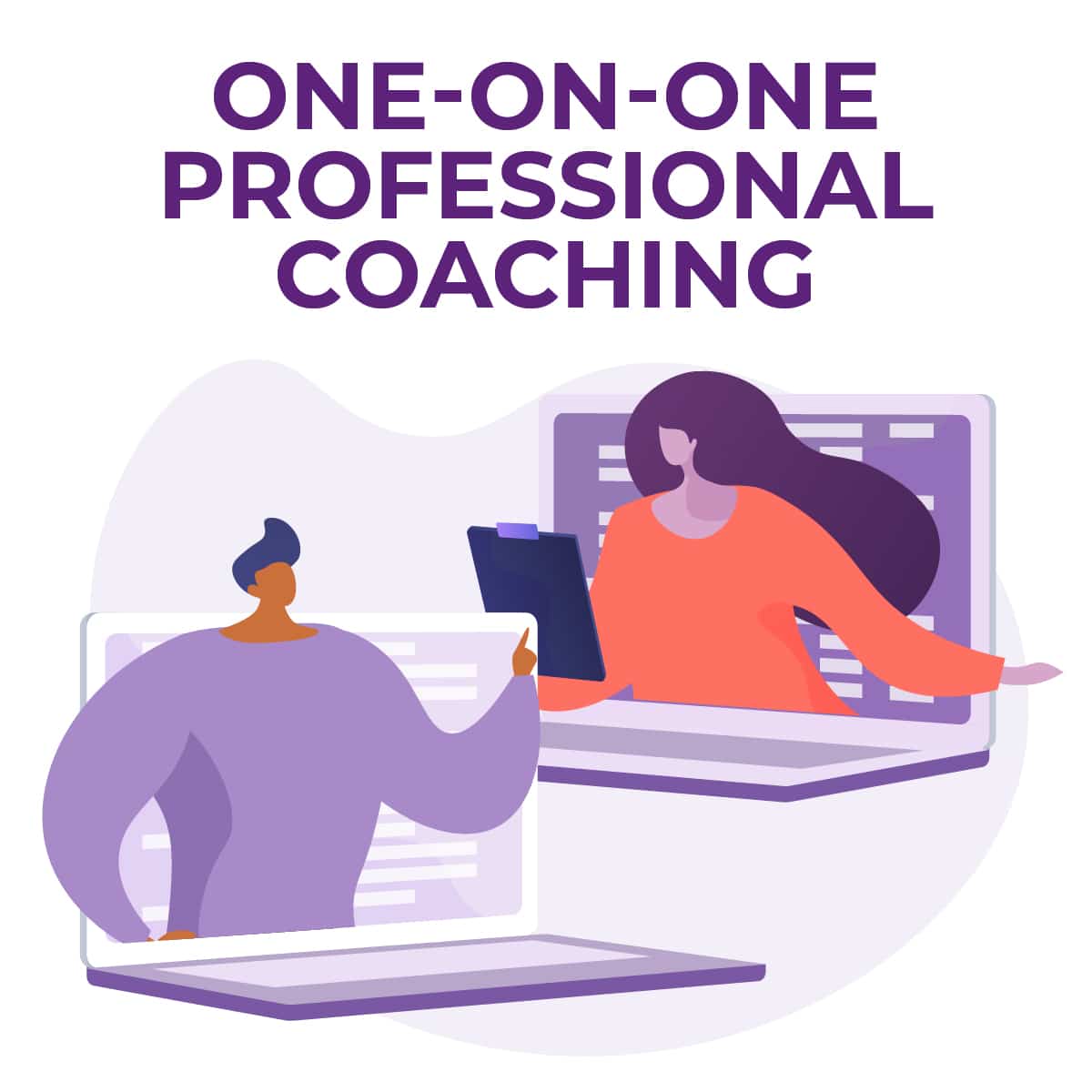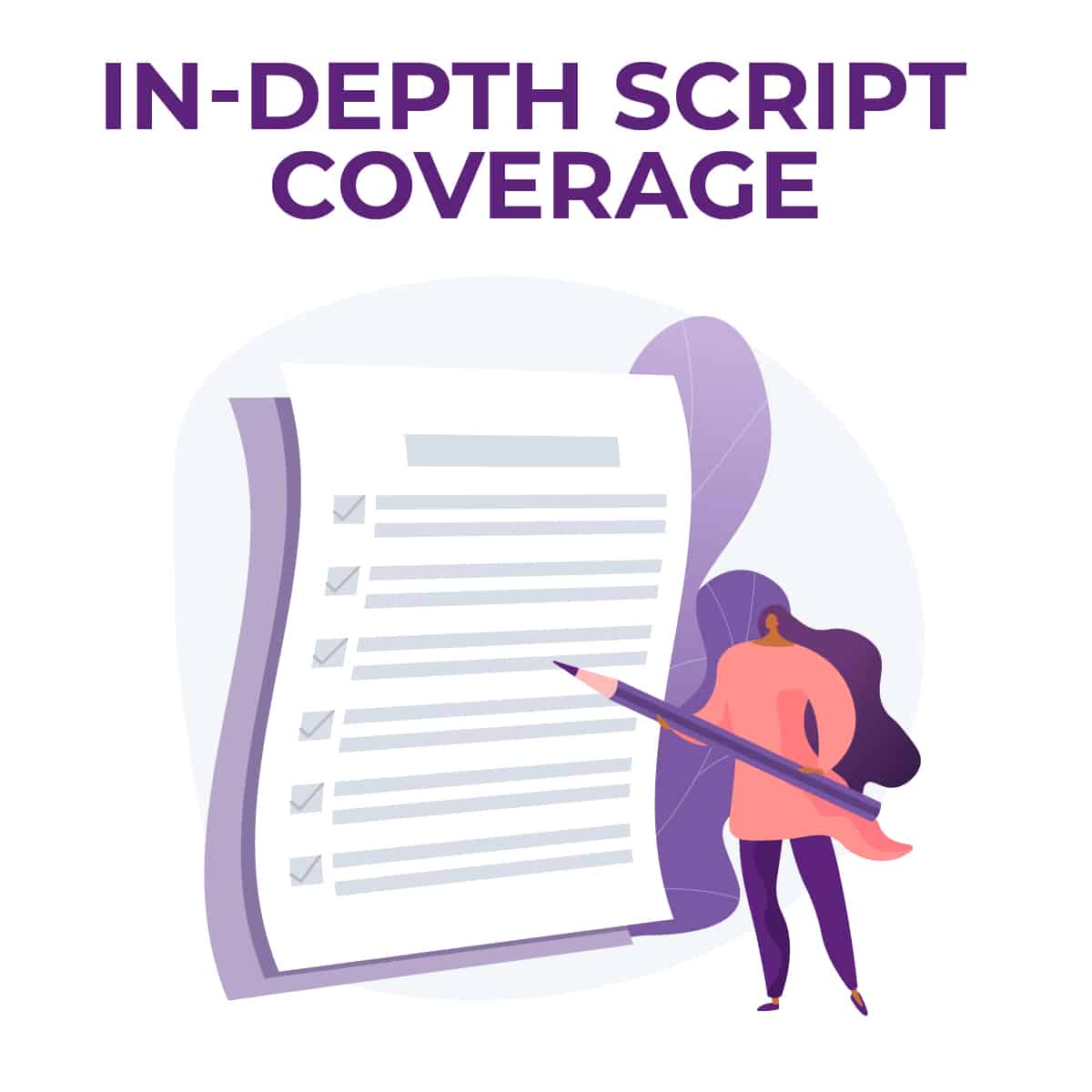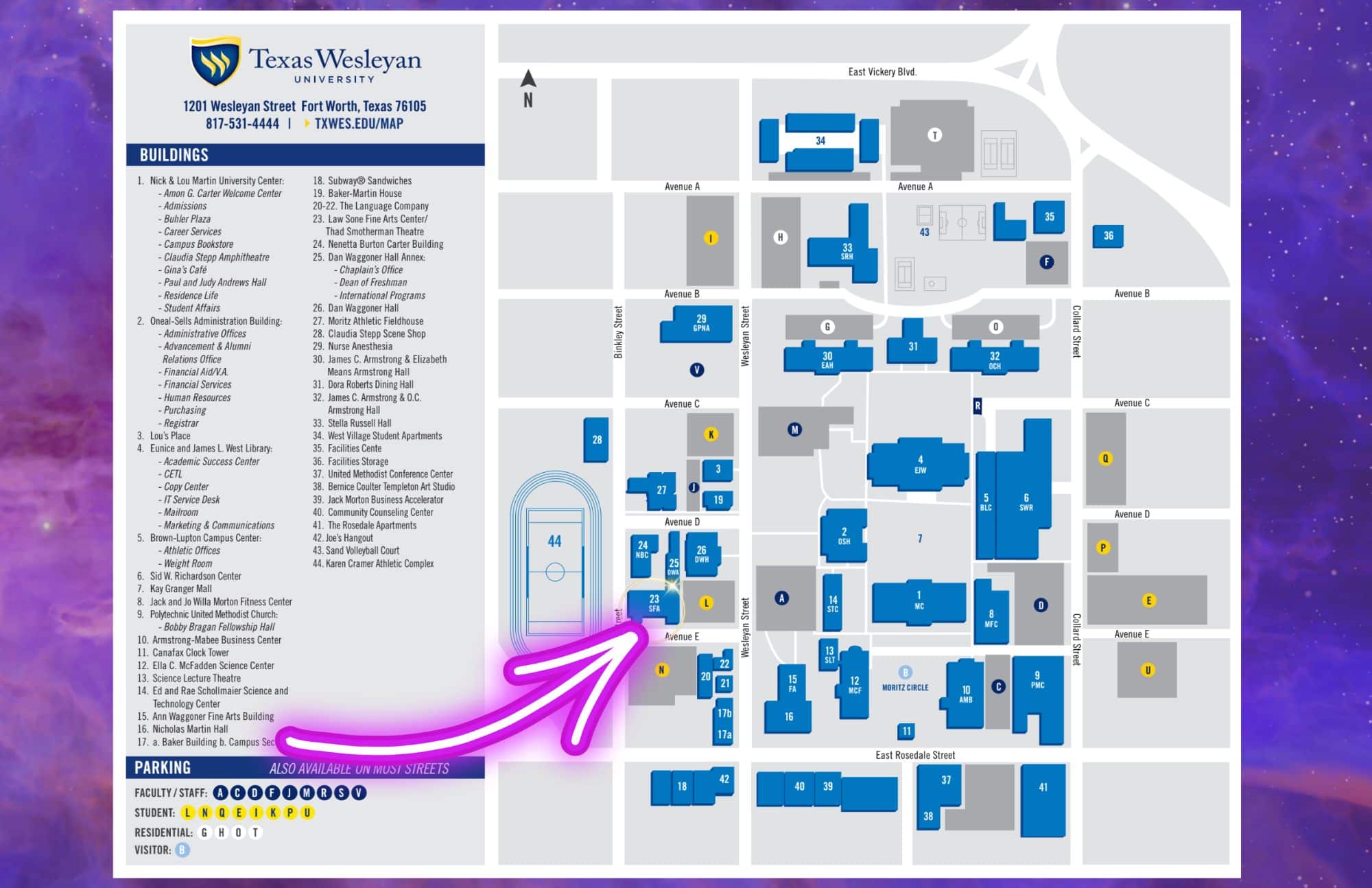The Academy Reading Series provides free, live and in-person readings for Academy member musicals selected through periodic Pitch Nights. After submitting, a selection of writers are invited to pitch their musical to our MusicalWriters team on a public and live virtual platform. Think “Shark Tank” for new musicals! One show is selected for a free staged reading produced and directed by our Producing Director Rebecca Lowrey.
(Want to submit? Check our next submission date here.)
Sam Steere was one of our Academy Reading Series recipients for his musical My Father’s Dragon, based on the well-loved children’s classic, and we asked him to share some tips for presenting a pitch and preparing for a reading.
1. What were some tasks you had to do to prepare for the Academy Reading Series?
Preparing for Pitch Night
Pre-Pitch was a lot of nose-to-the-grindstone. I wrote the script/lyrics in June, and then barreled through the songwriting into the fall. I joined the Musical Writers Academy in October and saw that the opportunity to pitch for the Academy Reading Series was coming up soon. I knew I was so close to having materials ready, but I had to sit down and complete a full Piano/Vocal Score in about a month. Thankfully, I had attempted amateur orchestrations already, so a lot of my “composing” was editing down to a piano part, which made it move much faster.
Preparing for a Reading
Post-Pitch, I had an initial conversation with Rebecca, answered a few questions about casting, and was otherwise pretty hands off. I chose to re-write one song before the reading, which I provided to Rebecca before rehearsals began. I was initially surprised that we didn’t have more back-and-forth before the reading, but looking back, I think it was a benefit to see what a director would do with the materials without any input from me. The script and score have to stand on their own two feet, as it were.
The weekend of the reading, I put together two Google Feedback Forms. One for performers, the other for audience members.
2. What was the hardest part of preparing for a reading that you were not directly overseeing?
Not being there to take it all in! Every time I’ve had my own work performed up to this point, I was intimately involved in every detail of making it happen. So handing something off — a whole show, no less! — felt strange, indeed. But I chose to mark it as a milestone: something I created had the power and pull to exist outside of me without my direct input. And that’s a pretty amazing feeling.
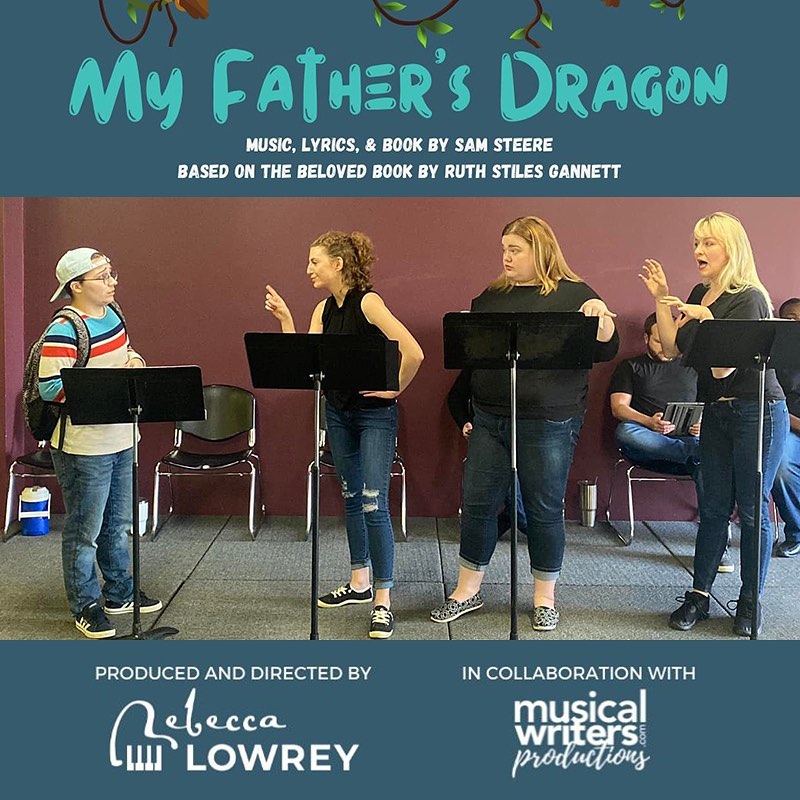
3. What did you learn through the preparation for the reading?
I changed my definition of “good enough.” Up until pitching the show, “good enough” was simply getting enough on paper (lyrics, chords, maybe a bit of notation) that I could remember how things went. “Good enough” now had to include a proper Piano/Vocal notation that could be used without me involved.
Prior to the reading, “good enough” was a song I could sing. After the reading, I learned that I needed to be more precise with setting songs for the appropriate voices. I especially need to work directly with female voices to ensure I’m pitching melodies in a way that serves the performer.
4. What were some things you did to prepare for your pitch?
I wrote out my entire pitch as a script, focusing on the “why” and “why now” rather than detailing every plot point. Then I ruthlessly cut it down to 3.5 minutes. I practiced it out loud enough times that the words would flow…almost like a memorized monologue. Then eased up the pace to make it conversational. I then took clips of my own demos and strung them together. I wanted bigger cuts, but ultimately knew I had to keep it short. So the final video was 1.5 minutes. I chose videos of singing to give it a bit of personality, and created a hand-made “logo” for an amateur version of a visual finish.
Need a logo/key art? Contact Holly Reed here.
5. What will you do differently next time you pitch your show?
Prep-wise, I felt really good about it. If time/budget allows, I would have a more polished graphic branding for the show. Depending on the show, I might sing something live for fun…but the prepared video meant no internet lag and clean short cuts, which I think is a plus.
6. What advice do you have for writers preparing for a reading?
Let it go…Let it GO! Leave it in the hands of whoever is producing it (in Rebecca’s case — amazing!), and take in the show as a whole. If you’re doing Feedback Forms, get them ready ahead of time…maybe even sent out to audience members day-of. I made the mistake of being late to the game on that. If you have a video, watch it more than once (with different people, if possible). Sometimes what you thought was “bad” on a first listen is actually just “different-than-I-expected”. And that’s valuable information.
7. What advice do you have for writers preparing to submit for a contest?
- Piano/Vocal Score. Get it done or hire someone to do it.
- Put every dialogue and direction in the score. For a reading, you don’t want them to have to flip back and forth.
- Breakdown your character descriptions in the script. Directors need to know about casting. Be aware of how cast size may open or shut doors for you.
8. What advice do you have for writers when pitching their show?
When you talk about your show, time yourself. You have to be clear and succinct. That is hard. Especially when talking about something you know so intimately. You have literally-no-idea what it feels like to not-know-about-this-thing. Keep it simple. If presenting, record and listen back. Extra credit: Video yourself. Then watch back with no sound: How’s your non-verbal communication and body language? Listen back with no video: How’s your level of vocal engagement? If you can make both good…you’re ready.
9. How did you prepare for your pitch? How did you decide what to say, what to show, what tools to use?
See Question 4. Because my show was based on an established work, I needed to roll out the pedigree of the book. It was a big part of my “why”, gave validity to the story I was telling, and ultimately said more about the quality of the narrative than spelling out the plot points. I also focused on the sense of urgency: the author’s 100th birthday and the release of a new Netflix series.
10. What did you learn from watching the reading of your show?
First, that the overall show is in pretty good shape. Second, I want to add a new opening number (it took me too long to get to the music). Third, I need to pay attention to pitching numbers appropriately (particularly for female voices). And lastly, the multi-role casting needs a touch more clarity to work right.
11. Where did you garner the most valuable feedback: from the audience, cast/actors or directing team?
Rebecca was the most valuable resource both in terms of depth and content. The audience was valuable in gauging which age range would most likely enjoy my show. The cast had some helpful insights on clarity of the script and what is actually fun for performers.
-
Learn more about Sam Steere here.
-
Need coaching? Click here.
-
Want more info on the Academy Reading Series? Click here.

